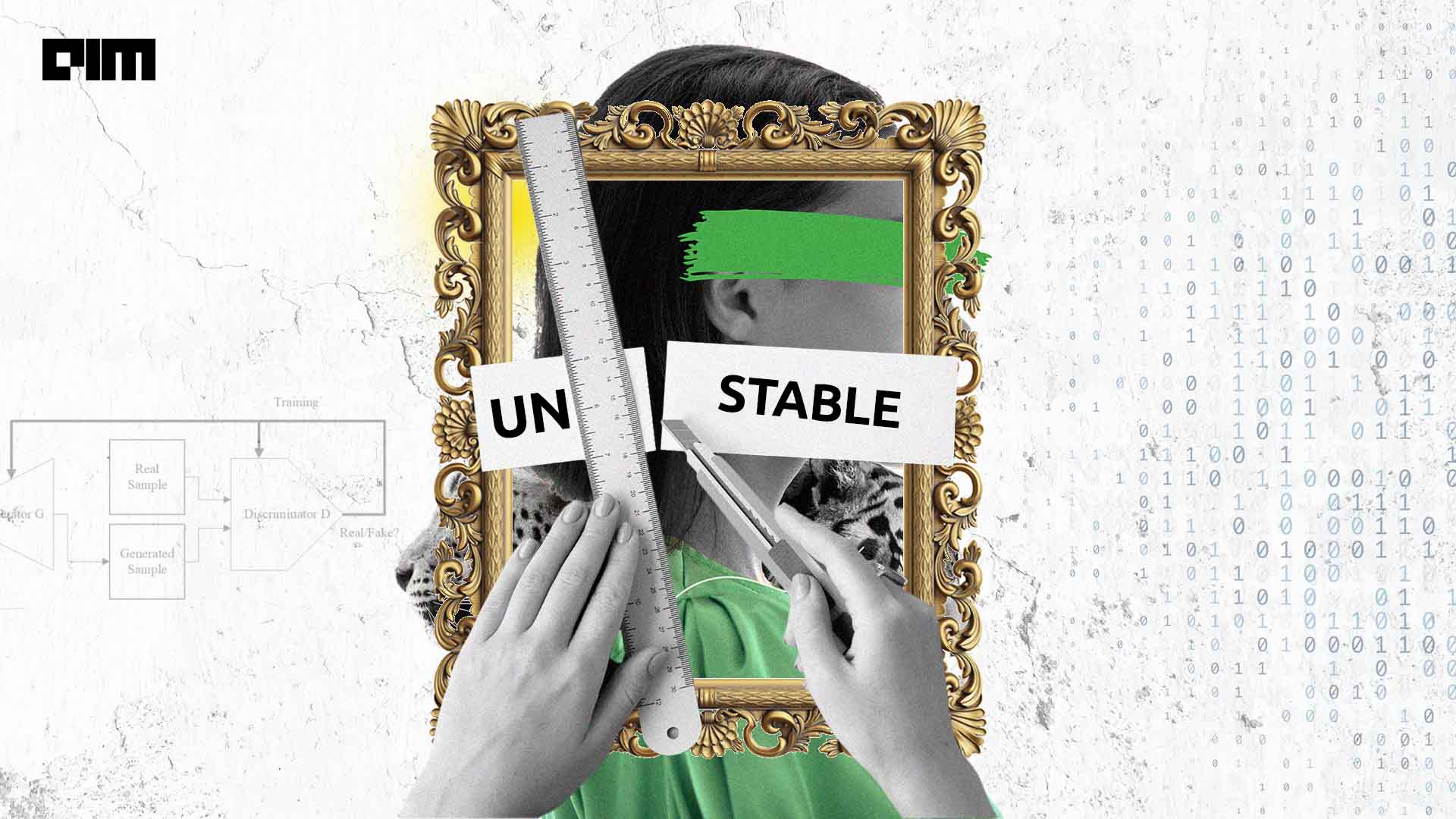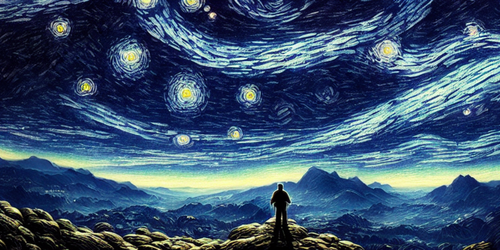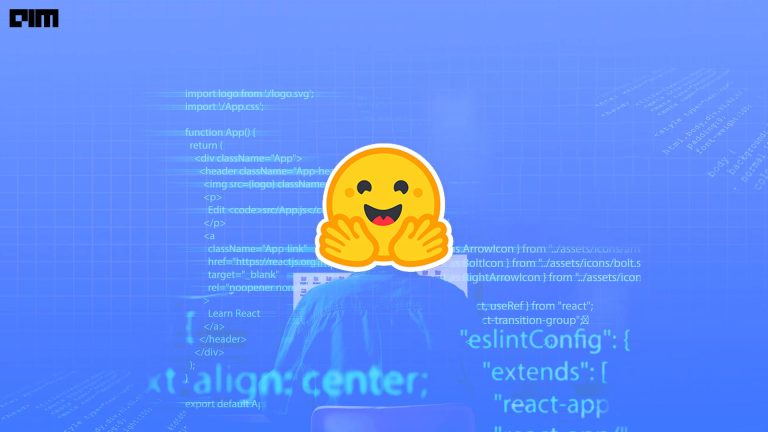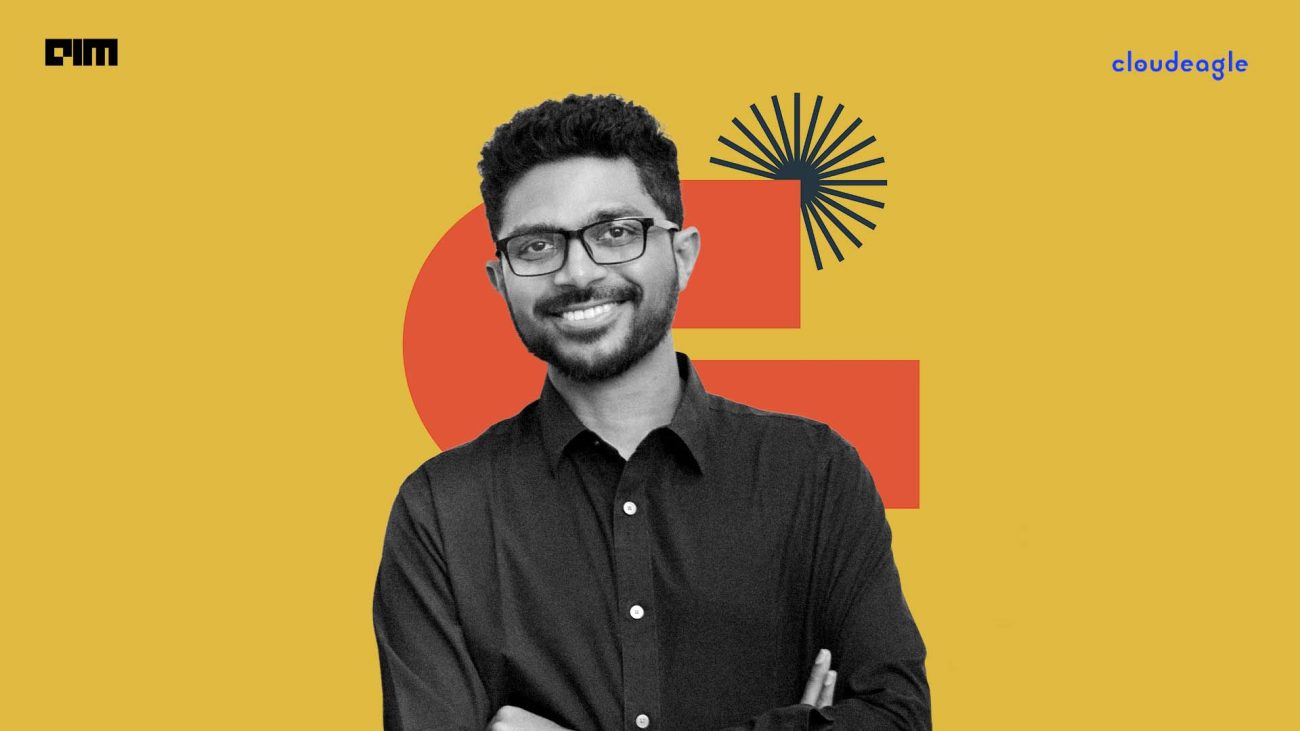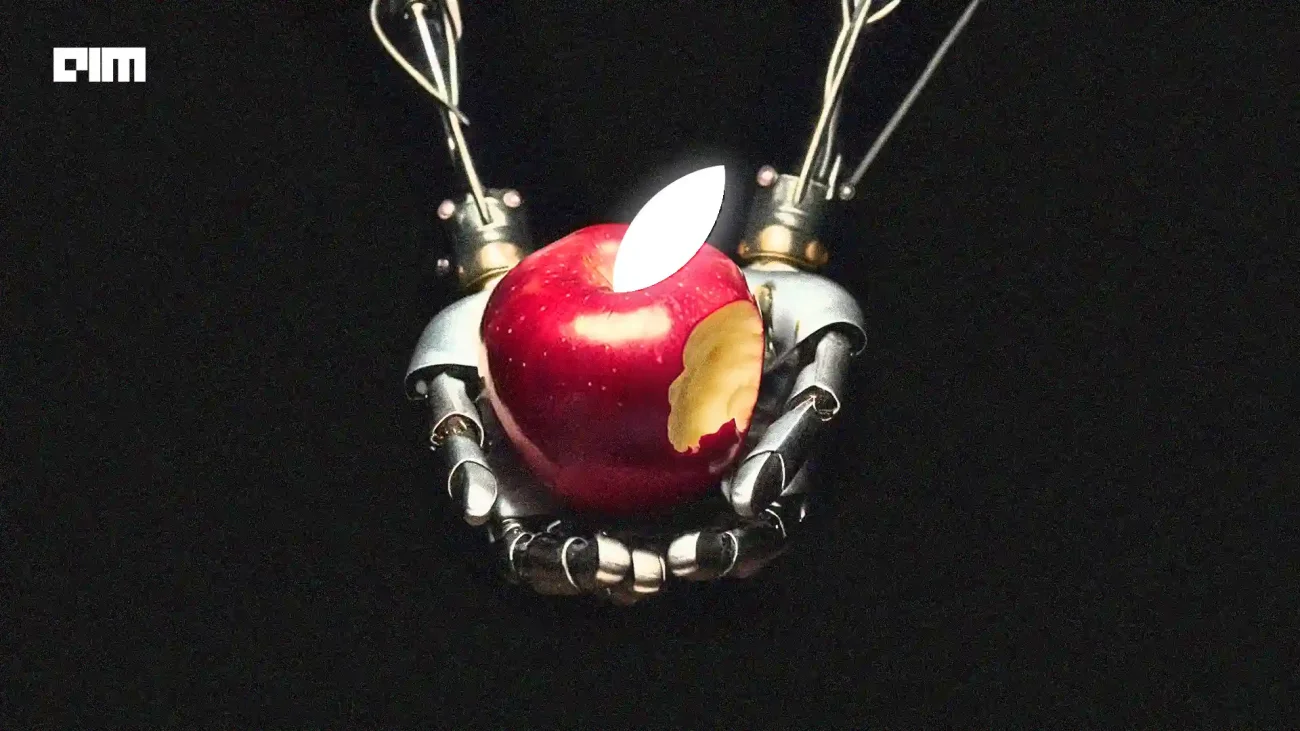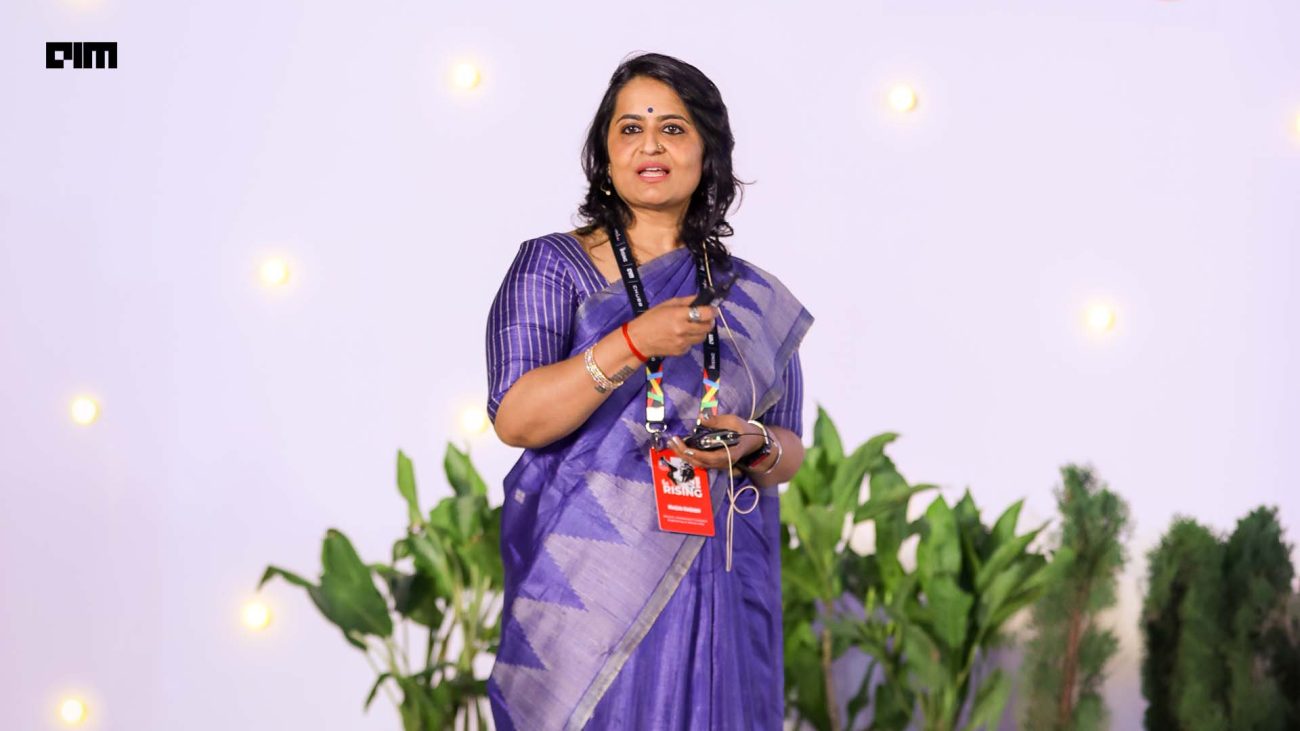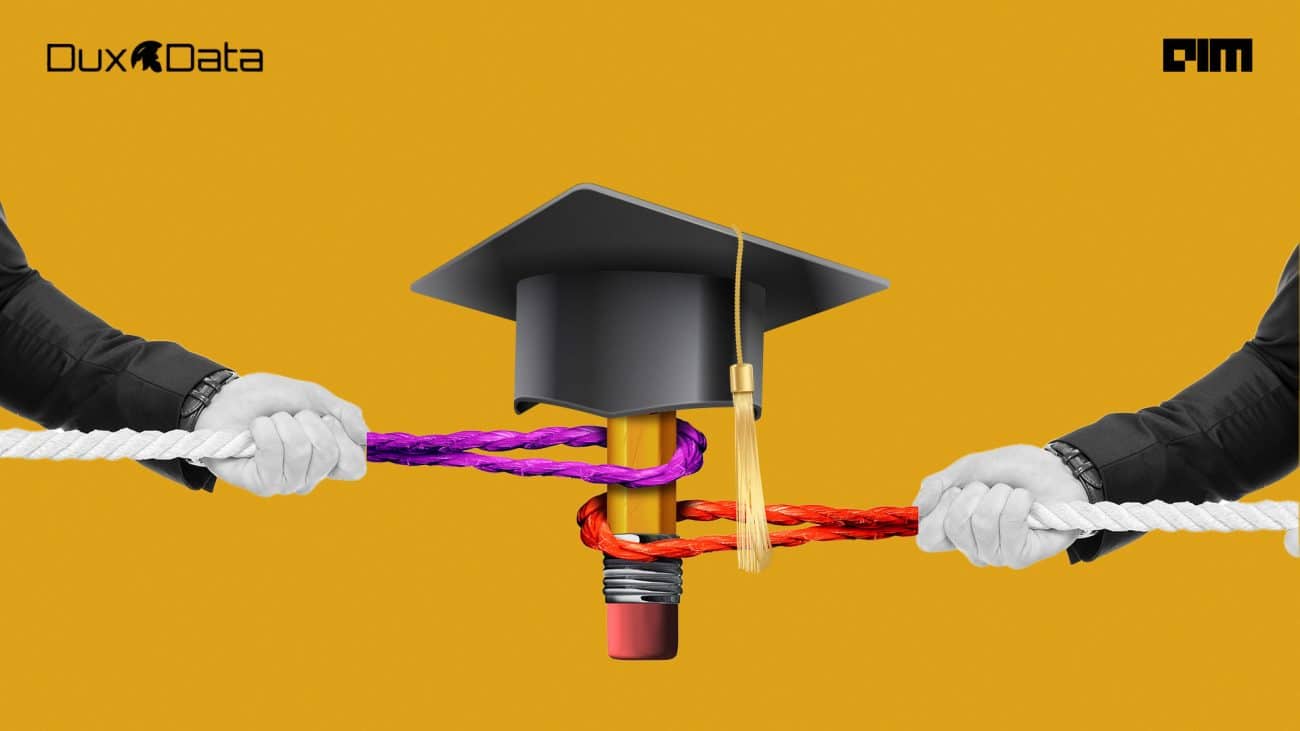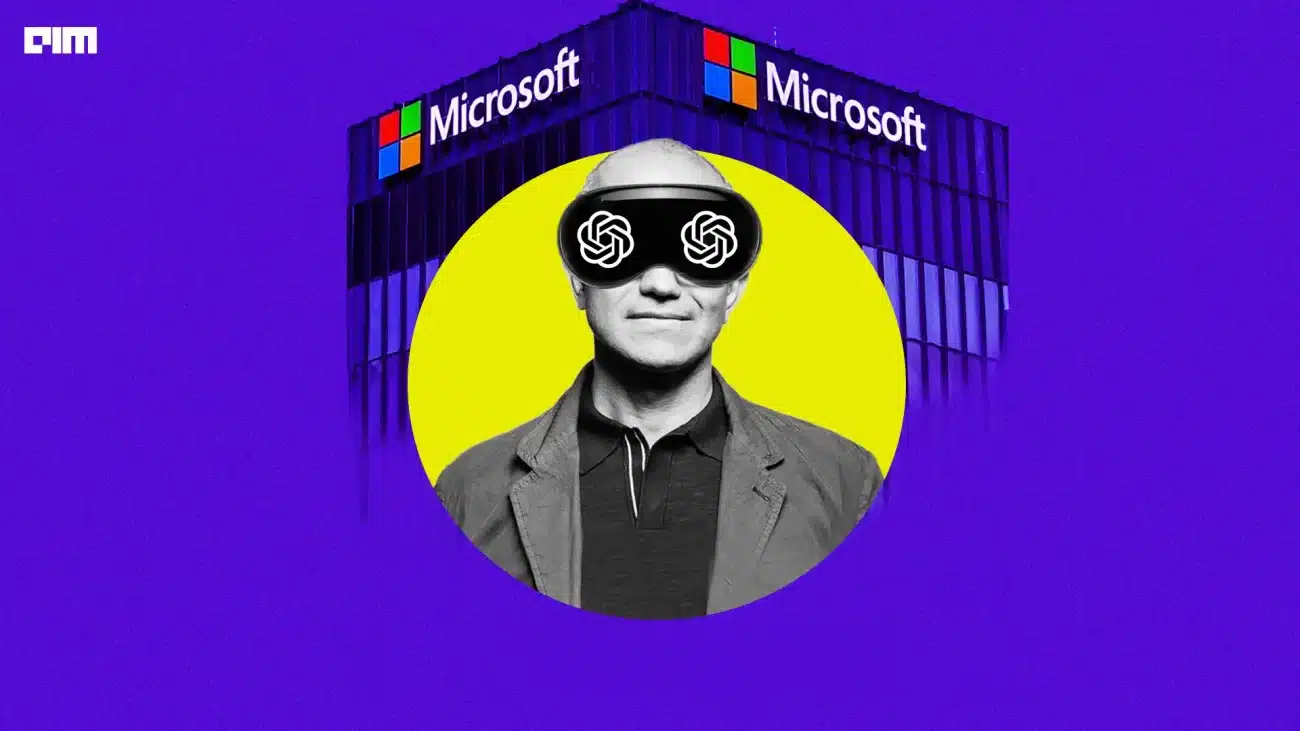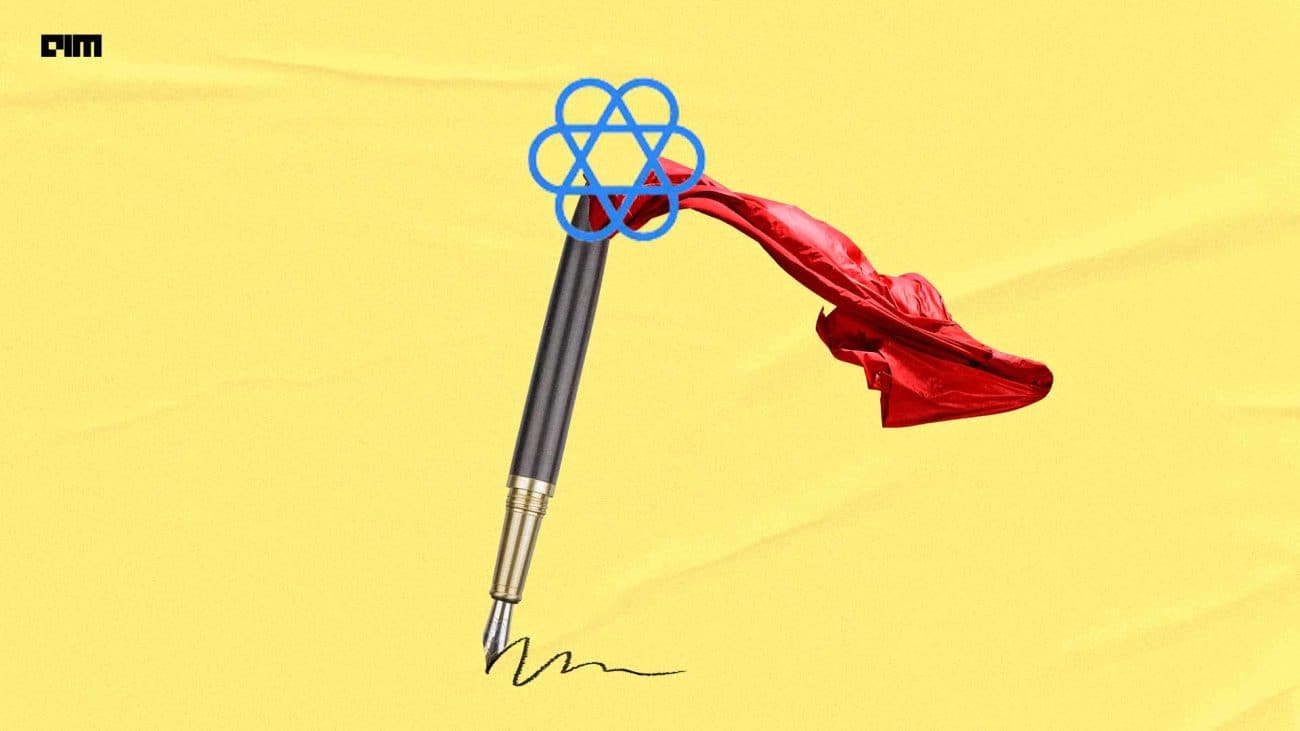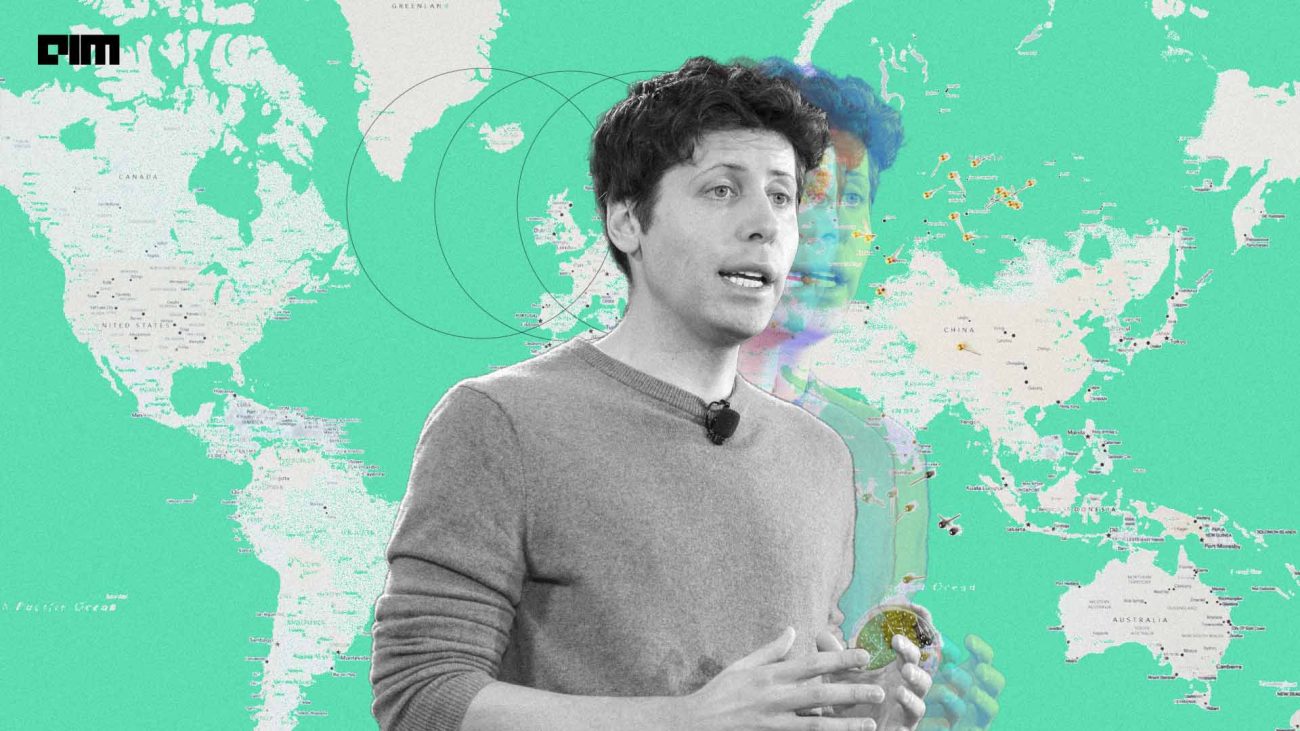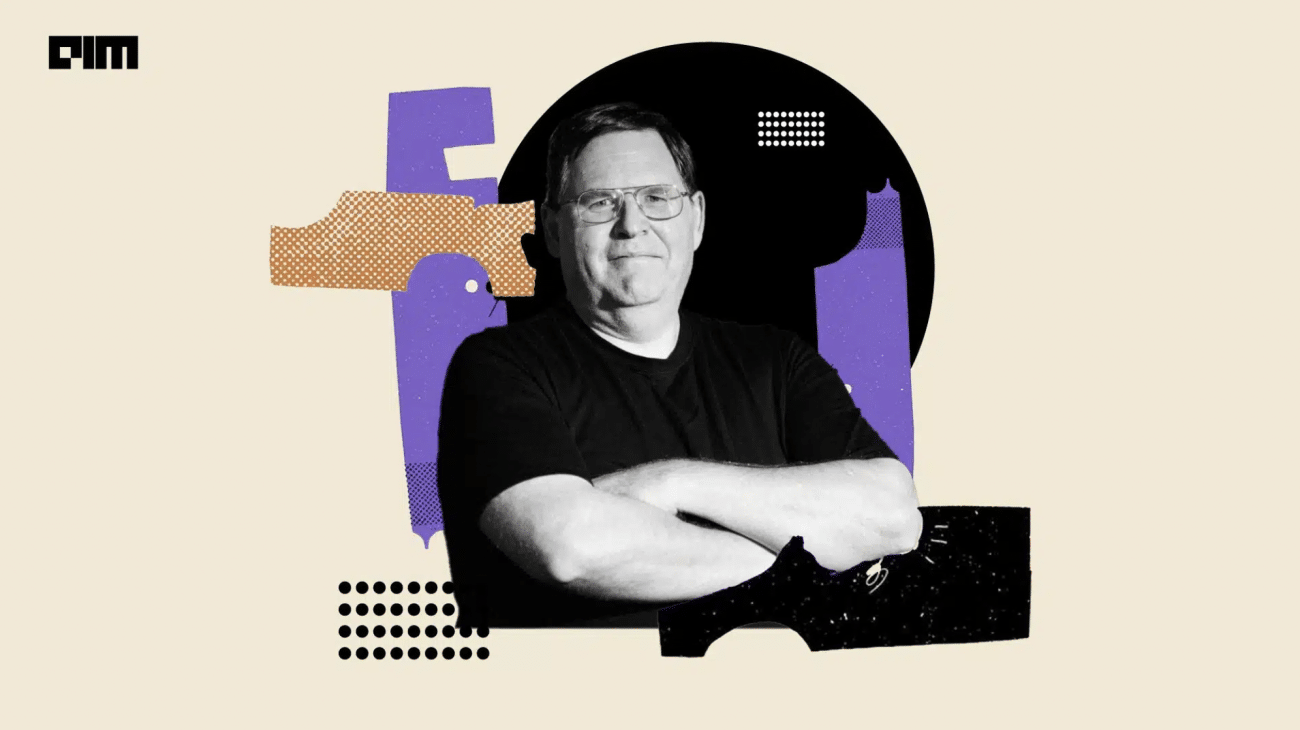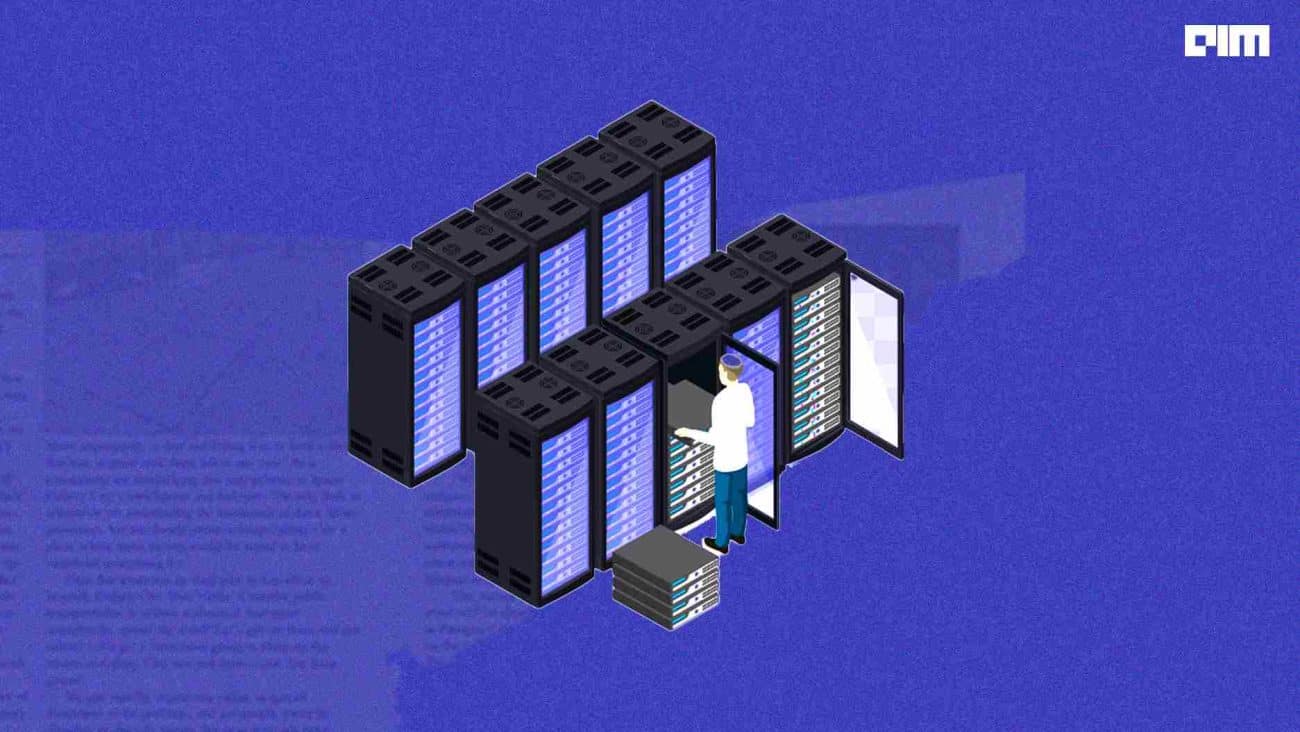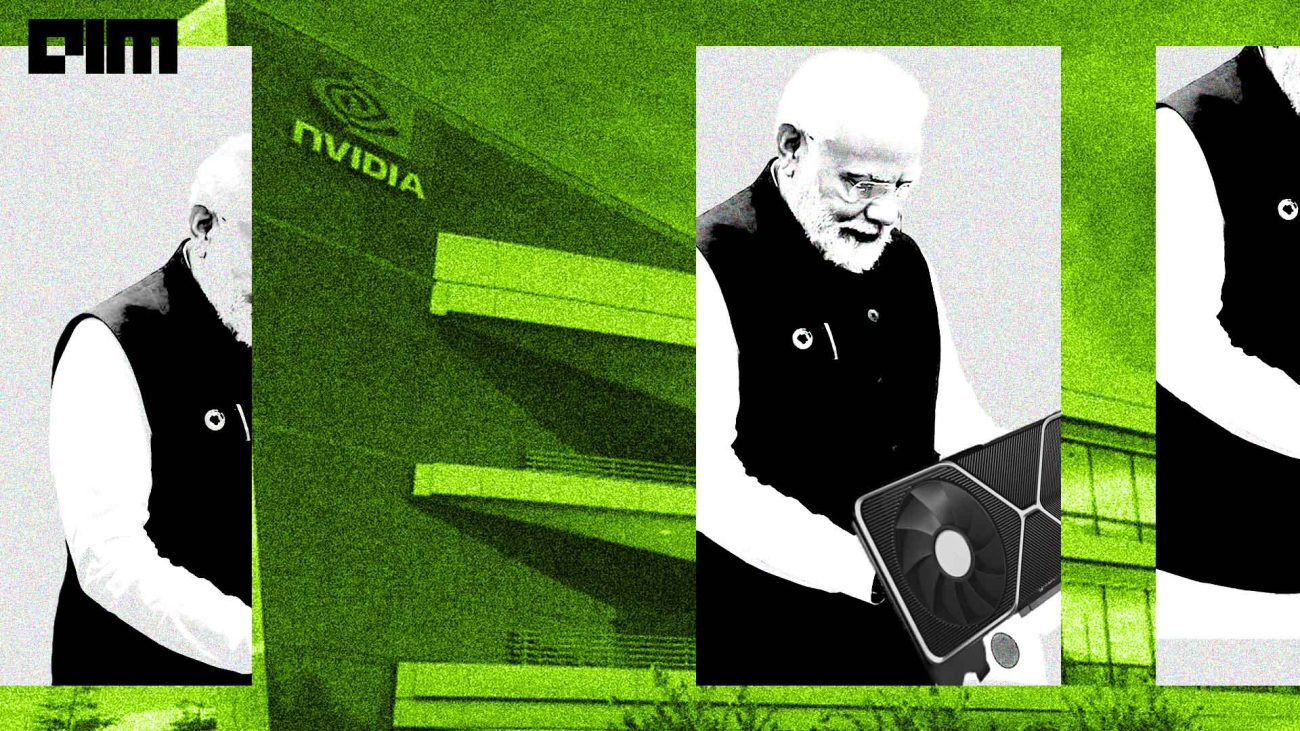|
Listen to this story
|
Yesterday, Stability AI, the London based AI firm completed one year of its journey in the generative AI space. The CEO Emad Mostaque feels proud of himself for his contribution to the AI open source space and thinks that he should be honoured with the Nobel prize for truly building an ‘open AI’ with its diffusion models.
Mostaque aspiration is not without merit, the company’s models are the most popular ones amongst the lot, according to a recent report by Everypixel journal. Its open source models stand invincible with a dominating 81.32% market share compared to high profile models like Midjourney (6.23%), OpenAI’s Dalle2 (5.92%) and Adobe (6.5%).
According to Mostaque, Stable Diffusion has more than 10 million users across all channels. On the other hand, its competitor Midjourney has the largest user base with a count of whopping 15 million users.
For the AI company ‘all that glitters is not gold’ stands corrected since its market supremacy and the ‘all for open source narrative’ has not been able to overshadow its mischief.
Not a happy anniversary
Alongside Stability AI’s recent $100 million funding and a dominant market share, several allegations from employees pinpoint to the CEO’s leadership shortcomings to reports of unpaid invoices amounting to $70,000 adding to the woes. Earlier this summer, Forbes published a bombastic exposé revealing inconsistency in Mostaque’s academic claim of him holding a master’s degree from Oxford.
While the AI startup is dealing with internal struggles, it has been leaning hard on its open source approach for the experimental community and remains laudable. Just within a year, the company has launched a bunch of tools — the latest — an open-source version of DreamStudio, a commercial interface for Stable Diffusion. Moreover, versions of the model have been freely available to download and tinker with since its release in August 2022. Earlier this year, the company also released a suite of open-source large language models collectively called StableLM.
A messy mixed reality
AI art generation tools are making prize-winning pictures, comic books, and glossy magazine covers but has also become an epicentre of legal battles. Apart from its popularity concerns over privacy, misinformation and problematic lack of context have been raised at several instances.
Last Christmas, social media started being flooded with ‘avatars’ — generated by Lensa — an popular yet problematic application rooted in diffusion models. As Lensa went viral, people also posted eyebrow-raising concerns about how their photos and images were being used and stored. After the software generates the avatars, Prisma Labs — the force behind Lensa deletes the uploaded photos within a mere 24 hours time frame, claimed Andrey Usoltsev, the company’s co-founder and chief executive.
Some users have said Lensa has created images that overemphasise certain parts of a woman’s body or alter the eye colours and shapes of their faces to remove racially or ethnically identifiable features.
“Tools like these tend to be flashy,” said Jennifer King, privacy and data policy fellow at the Stanford Institute for Human-Centred Artificial Intelligence. “Sometimes, it’s correct enough, but without the right guardrails in place, it opens you up to a lot of issues.”
The Everypixel report notes that every piece of visual art humanity has created over the last century and a half has been outnumbered by AI generated art just within a brief span of 1.5 years.
It is worth noting that Adobe has the fastest growing user base among the lot as the design software veteran has managed to garner a billion users for its AI services within three months of the release. Despite the expanding user base, the company’s approach to avoid using copyrighted material has resulted in an inferior product quality.
The research also recalculated some of the estimates and found that a staggering count of over 11 billion images have been created using models from three repositories — GitHub, HuggingFace, and Civitai, — where users have uploaded tens of thousands of Stable Diffusion-based models.
While copyright battles are not a new thing in the genAI town, companies like Deepmind are finding ways to tackle the issue with initiatives like Visualizing AI. The company is setting an example of ‘evolving with the landscape’ from which Mostaque and the rest can take notes.

Stability AI has just completed its first year, but it has already made a splash in the GenAI Image space with its Stable Diffusion product and more recently, with the release of its interactive counterpart, DreamStudio. According to Everypixel journal, Stability AI has a market share of greater than 80% in the space of AI-created images when compared to competitors like MidJourney, Dall-E, and Adobe. The company claims to have more than 10 million users. Its contribution cannot be neglected in promoting the case for open-source AI.
However, things are not as rosy as they seem for the company. Allegations of unpaid invoices and questions about the CEO’s degree credentials do not bode well for the company’s image. Increasing concerns about privacy breaches, copyright infringement, racial and gender bias, and other issues are raising ethical and legal concerns about AI-generated images overall, further complicating the landscape. Companies like Google DeepMind are paving the way to deal ethically with some of these issues and could be the path for Stability AI to follow to establish itself as a long-term major player in the space.


